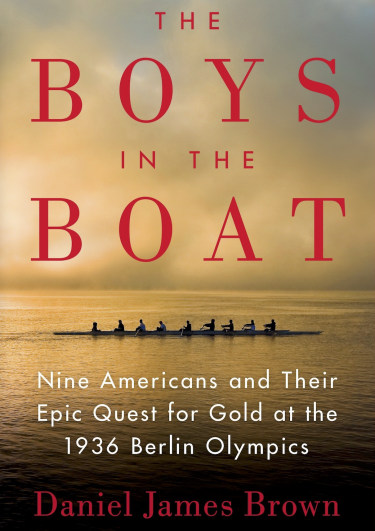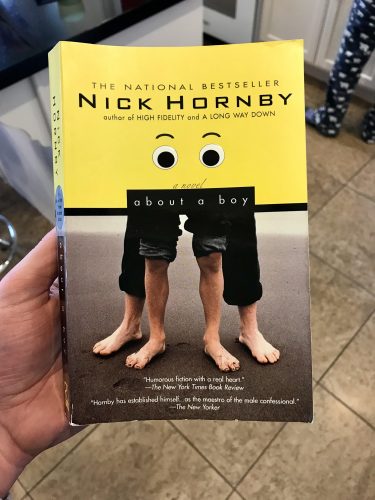
Courtesy Pixar
As written by Brad Bird for Ratatouille, the best Pixar movie ever
“In many ways, the work of a critic is easy. We risk very little, yet enjoy a position over those who offer up their work and their selves to our judgment. We thrive on negative criticism, which is fun to write and to read. But the bitter truth we critics must face, is that in the grand scheme of things, the average piece of junk is probably more meaningful than our criticism designating it so.
But there are times when a critic truly risks something, and that is in the discovery and defense of the new. The world is often unkind to new talent, new creations. The new needs friends.
Last night, I experienced something new: an extraordinary meal from a singularly unexpected source. To say that both the meal and its maker have challenged my preconceptions about fine cooking is a gross understatement. They have rocked me to my core.
In the past, I have made no secret of my disdain for Chef Gusteau’s famous motto, ‘Anyone can cook.’ But I realize, only now do I truly understand what he meant. Not everyone can become a great artist; but a great artist can come from anywhere.
It is difficult to imagine more humble origins than those of the genius now cooking at Gusteau’s, who is, in this critic’s opinion, nothing less than the finest chef in France.
I will be returning to Gusteau’s soon, hungry for more.”
 The Boys in the Boat by Daniel James Brown is a wonderful story about overcoming neglect, economic depression, immense pain, and even global fascism in the 1930s. With exception to the Nazis, the characters are likable. The prose is poetic. And the well-documented feat is awe-inspiring. Five stars out of five.
The Boys in the Boat by Daniel James Brown is a wonderful story about overcoming neglect, economic depression, immense pain, and even global fascism in the 1930s. With exception to the Nazis, the characters are likable. The prose is poetic. And the well-documented feat is awe-inspiring. Five stars out of five.
These are my favorite passages:
- The sport offers so many opportunities for suffering and so few opportunities for glory that only the most tenaciously self-reliant and self-motivated are likely to succeed at it.
- Physiologists, in fact, have calculated that rowing a two-thousand-meter race—the Olympic standard—takes the same physiological toll as playing two basketball games back-to-back. And it exacts that toll in about six minutes… The common denominator (of rowing)—whether in the lungs, the muscles, or the bones—is overwhelming pain.
- For eight hours a day, he shoveled steaming asphalt out of trucks and raked it out flat in advance of the steamrollers, the unrelenting heat rising from the black asphalt melding with the heat from the sun overhead, as if the two sources were competing to see which would kill him first. Continue reading…
 Having first seen the movie, I read Nick Hornby’s About a Boy over the holidays and am glad I did. Here’s what stood out:
Having first seen the movie, I read Nick Hornby’s About a Boy over the holidays and am glad I did. Here’s what stood out:
- Writing a book with one interesting character is hard enough. Here, Hornby somehow managed to write a book with several endearing characters, all of which kept me interested until the final period.
- Although I enjoyed the movie’s ending, the original book ending and additional character development is much better. I’m convinced Hornby could double as a behavioral psychologist—he understands and articulates human nature so well.
- The prose. For example, “The conversation in the arcade at least had the virtue of creating a mutuality between them: they had both confessed to something they wanted, and those somethings were, when all was said and done, not entirely dissimilar, even though the someones connected with the somethings evidently were.” And, “Ellie spent her whole time wanting life to be shit, and then making life shit by making life difficult for herself.” (i.e. getting in trouble for refusing to wear her school uniform, shouting at people, fighting just to fight.)
- The universal truth that all of us need back up, whether young or old, girl or boy. “Two or three isn’t enough,” says Marcus. “You need loads more backup in case someone decides to top themselves.”
Four stars out of five.



